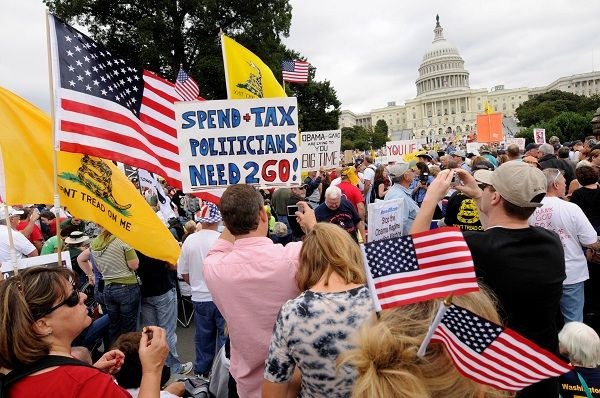Health Care Law Repeal Favored by Nearly Half of Americans

Slightly more Americans want the 2010 health care law to be repealed compared to those who want it to be kept in place, according to a Gallup poll released Wednesday.
Given a choice, 47 percent of Americans favor repealing the health care law and 42 percent want it kept in place, according to the poll.
"Views on this issue are highly partisan, with Republicans strongly in favor of repeal and the large majority of Democrats wanting the law kept in place," pollsters at Gallup said.
The 2010 Patient Protection and Affordable Care Act passed in March of last year, aims at closing the health coverage gap in the U.S. The law aims to insure nearly every one of the 30 million people in the United States who don’t have health insurance by requiring that each person buy insurance starting in 2014.
The fate of the law is now in the hands of the Supreme Court which announced Monday that it would review the law's constitutionality. A ruling will be issued next summer.
According to the poll, the possible repeal of the healthcare law is highly important to Americans. Sixty six percent of those favoring the repeal say it’s very important that Congress takes this action, and 60 percent say it’s very important that Congress does not repeal it.
Americans who favor the repeal of the law think healthcare coverage should be left to individuals and private businesses.
Gallup found 50 percent of Americans said it is the federal government's responsibility to make sure all Americans have healthcare while 46 percent disagree. The same pattern was found in 2009 and 2010, according to Gallup.
In a separate question, 56 percent of Americans said they prefer a system for providing healthcare based mostly on private health insurance, rather than one that is government run.
"A majority of Americans agree that a private healthcare system is better than a government-run system, although proponents of the law can point out that it falls short of mandating a government-run healthcare system like those in Canada or European countries," pollsters note.
Published by Medicaldaily.com



























